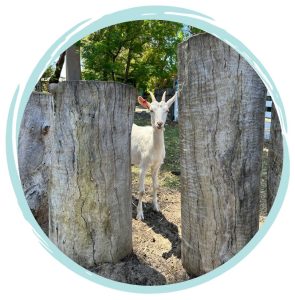As a high school student, after successfully completing the ACM20121 Certificate II in Animal Care (VETDSS) course, you may be wondering where to next for your educational journey in the field of animal care.
High School Grade and Age:
Your next steps in education may be influenced by your current grade in high school and your age. Different levels of courses are typically suited for different age groups and academic stages.
Certificate III and IV Level Courses:
AVT’s Certificate III and IV level courses in animal care and related fields are generally designed for students who have completed high school (year 12). These courses provide a deeper understanding of animal care practices and often involve more advanced topics and practical experiences.
Focus on Academic Excellence:
While in high school, it’s important to do your best academically. Studying hard, engaging actively in your coursework, and striving for good grades will not only enhance your knowledge but also open doors to further educational opportunities.
Completion of Year 12:
Completing year 12 is a significant milestone and a prerequisite for many higher-level educational programs. It demonstrates your commitment to education and provides a foundation for more advanced studies.
Gaining Customer Service Experience:
As you work toward completing your high school education, gaining employment in roles that involve customer service can be valuable. This experience not only helps you develop important interpersonal skills but also provides insights into the practical aspects of working in the animal care industry.
Career Aspirations:
Your future educational path should align with your career goals. Once you’ve completed high school and gained some work experience, your choice of further study will depend on the specific animal care career you wish to pursue. To make an informed decision about your next steps, read our article Top 6 Animal Care Careers. This will help you understand the different career paths available within the animal care industry.
Build Confidence in Animal Handling:
Building a strong sense of confidence when it comes to handling animals is a key aspect for a successful future in animal care. Spend time looking after pets for family, friends or neighbours. This practical experience is incredibly valuable because it exposes you to a variety of animal behaviours, needs and personalities. Working with different species gives you the ability to adapt your approach when taking care of animals, no matter their type. You can also consider volunteering for animal-related organisations. Volunteer work plays a vital role in the animal care industry, especially in the areas of animal welfare, animal rescue and shelters, conservation and rehabilitation across a range of species. This hands-on involvement not only adds to what you know but also introduces you to new and interesting challenges. Regular interactions with animals will help you quickly understand their behaviour and unique personalities. This knowledge will boost your confidence in handling animals effectively.
With these skills and considerations, you will be in a great position to apply for one of AVT’s Certificate III or IV level courses.












